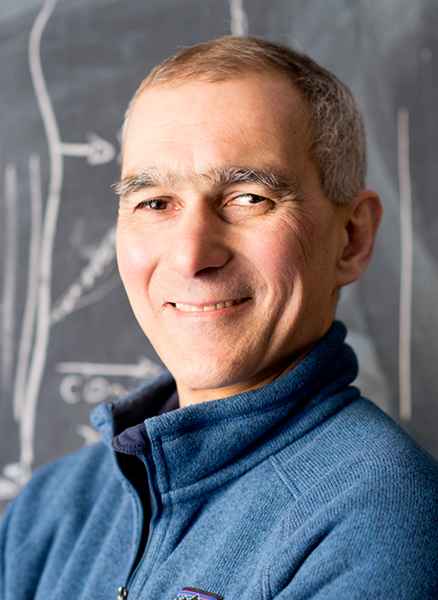Moungi Gabriel Bawendi, a scientist of Tunisian heritage and an American national, has been honored with the prestigious Nobel Prize in Chemistry for his groundbreaking work in the field of quantum dots.
Dr. Bawendi, who currently holds the position of Professor at the Massachusetts Institute of Technology (MIT), is a shining example of excellence and innovation in the scientific community. His parents’ roots trace back to Tunisia, and he has excelled as an American researcher and academic.
Dr. Bawendi’s work has pushed the boundaries of science and technology, making quantum dots a fundamental component of many cutting-edge technologies.
Sharing the glory of this year’s Nobel Prize in Chemistry, Moungi Gabriel Bawendi joins hands with two other distinguished laureates, Louis Brus and Alexi Ekimov.
BREAKING NEWS
The Royal Swedish Academy of Sciences has decided to award the 2023 #NobelPrize in Chemistry to Moungi G. Bawendi, Louis E. Brus and Alexei I. Ekimov “for the discovery and synthesis of quantum dots.” pic.twitter.com/qJCXc72Dj8— The Nobel Prize (@NobelPrize) October 4, 2023
Announcing the award Wednesday, the Royal Swedish Academy of Sciences said Moungi G. Bawendi, Louis E. Brus and Alexei I. Ekimov “planted an important seed for nanotechnology.”
In 1993, Dr. Bawendi revolutionized the chemical production of quantum dots, resulting in the creation of nearly flawless particles. The exceptional quality of these quantum dots was a prerequisite for their utilization in a wide array of applications, spanning from electronics to medicine.
Quantum dots are currently lighting up computer monitors and TVs through QLED tech, while biochemists and doctors utilize them for biological tissue mapping. Scientists envision a future where these dots play a pivotal role in flexible electronics, minuscule sensors, more compact solar cells, and secure quantum communication, opening up exciting possibilities for their application.
Moungi G. Bawendi, born in Lebanon on November 8, 1953, began his academic journey at the American University of Beirut for his undergraduate studies before embarking on a path of scientific excellence. He furthered his education at the University of Chicago, where he obtained his Ph.D. in chemistry in 1982.
Following his doctoral studies, Bawendi held academic positions at prominent institutions like Columbia University and the University of Rochester. However, he is most renowned for his longstanding association with the Massachusetts Institute of Technology (MIT), where he has been a distinguished professor in the Department of Chemistry since 1991.
Bawendi’s expertise extends beyond chemistry, as he is also a valued member of MIT’s Department of Electrical Engineering and Computer Science.




 Google News
Google News
Every one has to finally die. Who has lived for ever.
Very nice
Hundreds of Christens and Jewish Scientists have won Noble Prize but never their religion is mentioned. But what is so special of being a Muslim that Noble Prize Winner’s religion Needs to be Mentioned First and then his name? Then you should also mention how many wives and children he has? Right?
U r jelous of the publicity and growth of all muslims
Bonjour Monsieur comment allez-vous
Mashallah very nice